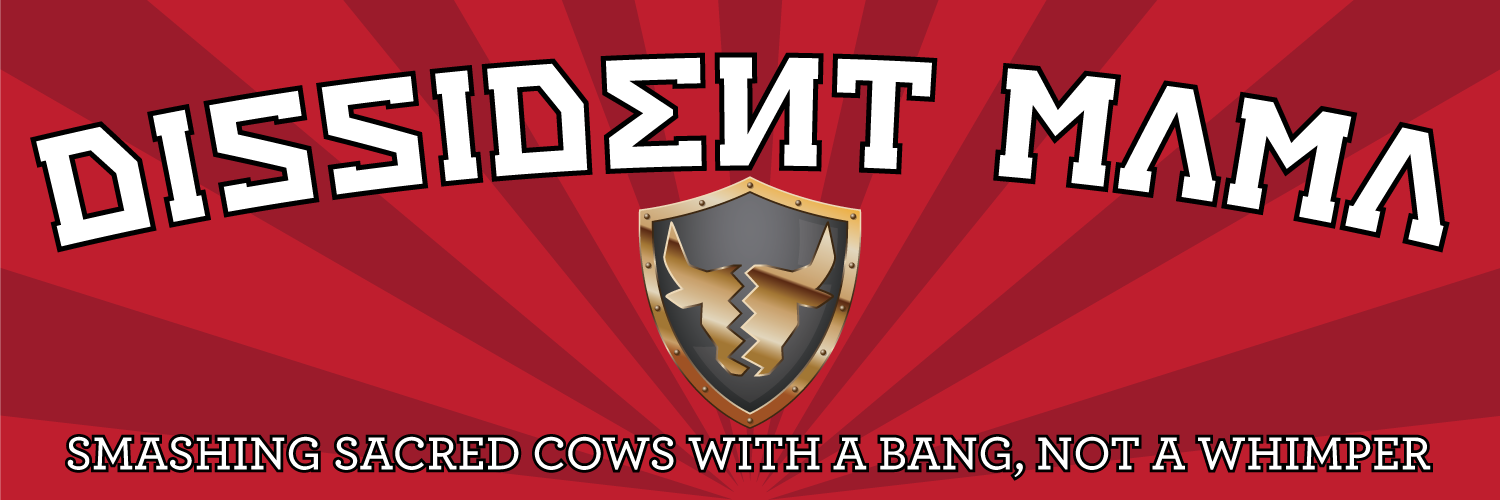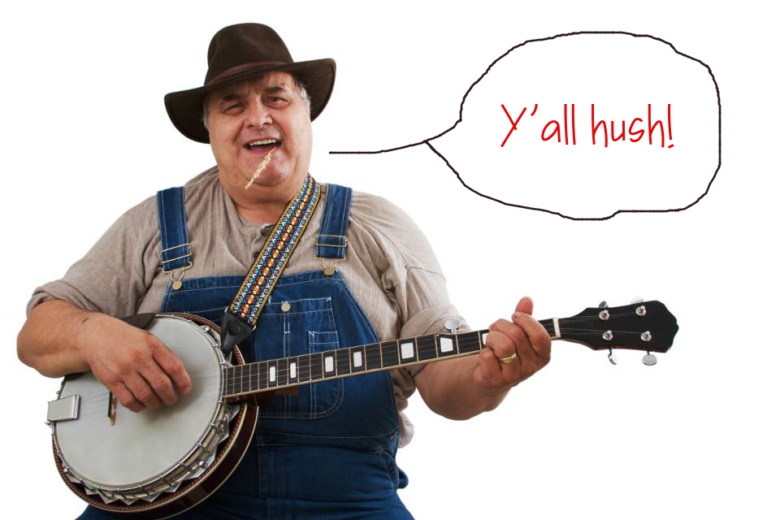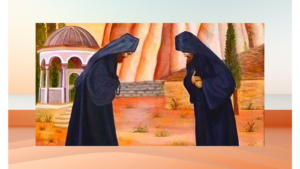Social media is a place brimming with drama and the Orthosphere is no exception. After all, it’s comprised of people, some of whom are your predictable lib prima donnas, while others range from unhinged paid provocateurs, devilish delicate flowers, and hyperbolic in-fighters, to drunk agitators, late-night stalkers, and all-around egoists. Heck, some are even belligerent bots!
Never a dull moment, as they say, especially when modernists are increasingly glitching out at fever pitch. So in an effort to push back against the lunacy, my social media acquaintance, Southern brother, and fellow Orthodox Christian “Hopeful John” has a white-pill remedy for the sometimes black-pilled Orthosphere.
“I’m just an amateur piano and banjo player, but I’ve had it with all the shenanigans,” wrote Hopeful John, adding that he was motivated to learn banjo because of Clifton Hicks‘ clown-world-inspired song “The Ballad of Kyle Rittenhouse.”
“All shenanigans are going to be set to music and put in ballads,” continued the Georgia native (as in peaches, not Caucasus) whose Telegram handle is @yall_hush. “That’s what our ancestors did.”
“That Covid Ordeal”
Based on the traditional folk tune “Old Reuben,” also called “Ol’ Reuben Had a Train,” “Reuben,” “Lonesome Reuben,” “Reuben’s Train,” and the popularized adaptation “Train 45.” Hopeful John’s version is about the coof lunacy of 2020, as well as its progressive prevalence still today.
“Sayrahh & Ben”
A loose adaptation of the old spiritual “Working On a Building,” which has a long history within Southern Gospel and bluegrass, but like so many Southern classics, its source is unknown. You will probably recognize the “Sarah” about whom Hopeful John sings, but not Ben. For those of you not in the trenches of the Orthosphere, just know that it’s a jab at “the haters” who’ve made it a habit to attack a particularly outspoken and traditionally minded priest. This recording also features some spirited intro commentary from Hopeful John.
“Thank God”
A hymn written by Fred Rose and popularized by the Hank Williams’ recording. Released after Williams‘ tragic death due to stumbling one too many times off that “road that’s straight and narrow,” the simple song’s call to gratefulness of the Lord and for His creation is made even more impactful by the legend’s untimely passing. Hopeful John’s version is a cover song, not an adaptation.
“I Am the Man, Thomas”
Also a straight-forward Hopeful John cover. Written by bluegrass greats Ralph Stanley and Larry Sparks, the song’s biblical narrative comes from John 20:24-29, which many Christians often reference as being about “Doubting Thomas.” But we Orthodox believe that the most important part of the Apostle Thomas’ story isn’t really about doubt but belief.
“Thomas’ disbelief was not a stubborn unwillingness to accept the evidence of eyewitnesses. It was a thirst for faith that sought support in visible evidence,” explains Hieromonk Irenei Pikovsky. “He was interested in a real encounter with God, and not blindly following someone’s beliefs. And therefore his ‘unbelief,’ however paradoxically, had a beneficial effect on all the people around him.”


I included this information about the apostle because he happens to be the patron saint of my parish, St. Thomas Orthodox Church – a mission founded in 2019 but one that quickly grew in 2020 “as many Orthodox began seeking to exercise their God-given right to freely worship without the artificial burden of countless COVID-era restrictions.” We are now a thriving parish averaging 75 people for Sunday Divine Liturgy. This fact, of course, speaks to the truth imparted in Hopeful John’s covid ballad.
It also speaks to the Sarah and Ben ditty. I am inspired to do my part in working on building beautiful and enduring things, like a happy home, loyal and lasting friendships, a healthy and loving parish, and a successful Orthodox fellowship, and to do so for my Lord.
The devil delights in our despair, so remember that it’s okay to poke at the haters who “are convinced that they’re right, even if this rightness is built on solid doubts,” says Hiermonk Irenei. “They don’t subject their beliefs to criticism, don’t ask themselves difficult questions, don’t try to make any adjustments to the trajectory of their spiritual lives,” and they easily believe “in all sorts of nonsense, especially if it has a pseudo-scientific explanation.”
Like the dirty root vegetable that was smartly fashioned into a simple stringed-gourd instrument and evolved into the stunning steel banjo of today, we can get creative, too. Let’s innovate. Let’s build. Let’s have balance with a little fun. And let’s never forget to laugh.
Let’s believe, know that matter matters, be brave and spread the Good News like Thomas. Let’s be hopeful like John and thankful like Hank. And to the haters and their shenanigans: y’all hush now, ya hear?






